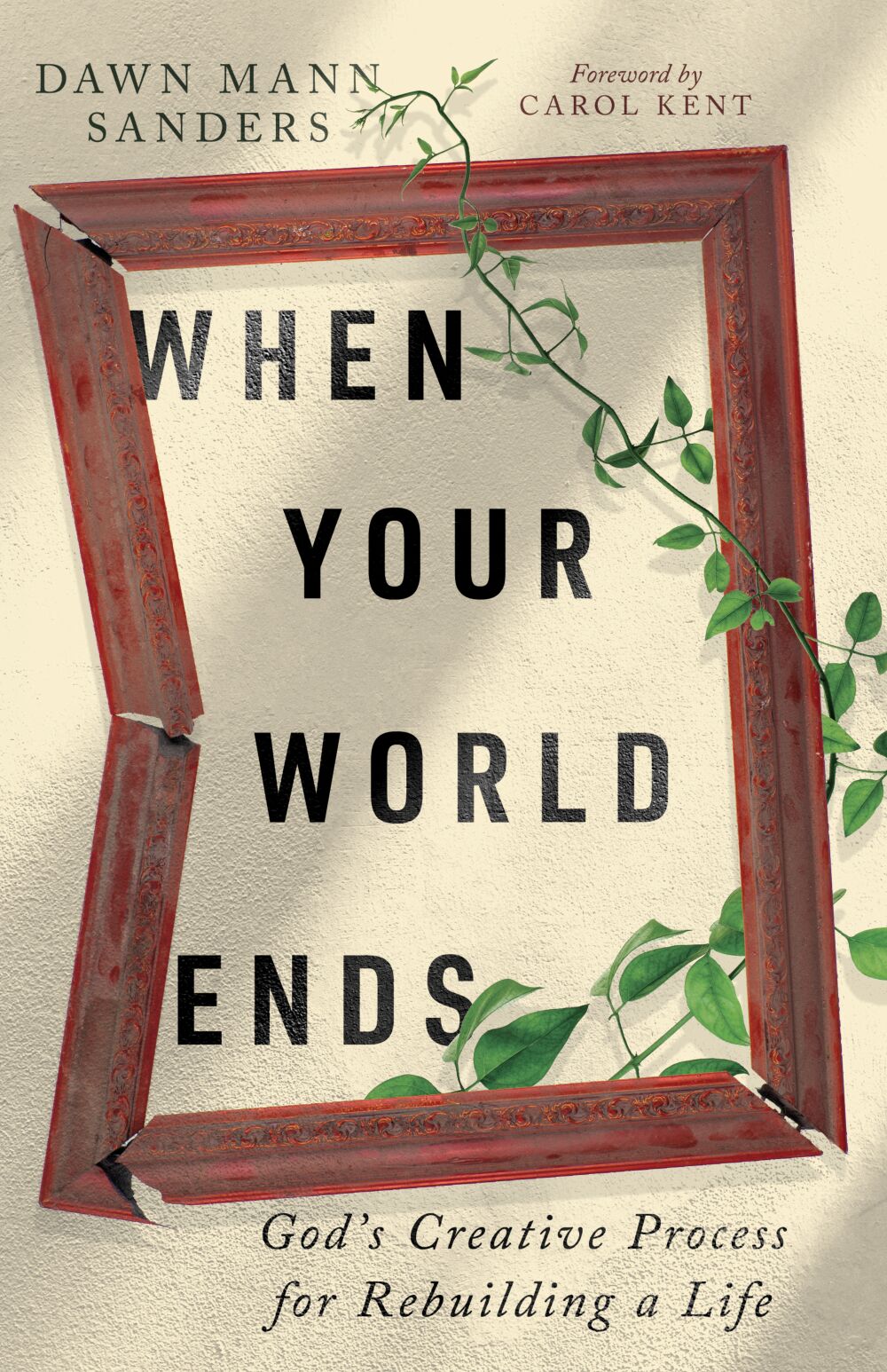As many of you may have heard by now, actor Will Smith slapped presenter and comedian Chris Rock at the 2022 Oscar Awards after Chris made Will’s wife, actress Jada Pinkett Smith, the butt of a joke about her bald head. Jada’s hair loss is due to the health condition alopecia. In other words, Chris made fun of Jada’s health condition on national television and Will slapped him for it.
So, I’m taking a quick break from our series on Choosing Wisely to join the conversation about The Slap Heard Round the World. We will continue the series next week.
In my opinion, both men made mistakes. Chris’ joke was in poor taste since it poked fun at someone’s health condition. So, Chris shouldn’t have said it. And Will most certainly shouldn’t have resorted to violence—provoked or not.
Biblically, it doesn’t matter if someone was provoked or not. Ephesians 4:26-27 is clear on that:
"Be angry, and do not sin": do not let the sun go down on your wrath, nor give place to the devil.
The phrase “Be angry, and do not sin” is in quotes because the Apostle Paul was quoting Psalm 4:4:
Be angry, and do not sin. Meditate within your heart on your bed, and be still. Selah
Biblical scholars could also translate the Hebrew word ragaz translated “be angry” in both verses as “tremble”, “be agitated”, “quake”, or ”quiver”. These responses are not restricted to anger. I can tremble with joy, be agitated out of nervousness, quake in fear, and quiver excitedly.
Basically, ragaz means any strong emotion that causes you to move—physically or emotionally. Anyone who saw the slap saw Chris’ joke moved Will emotionally. You could see it as Will tried to control his expression before giving way to his emotions by getting out of his seat, going over to Chris, and slapping him across the face.
Will had a deep, visceral response to his fight-or-flight instinct. And Will chose fight. However, both Ephesians 4:26 and Psalm 4:4 challenge us to neither fight nor flee. No, these verses challenge us to do the opposite. We are to feel strong emotions, but not act on them.
The Push
When creating our lives in the wake of a catastrophic event, we often feel strong emotions. We can feel helpless over a situation out of our control, confused about why it happened, or afraid of a newly uncertain future.
To combat these uncomfortable feelings, we push forward on our previous path. Inertia often fuels this push. You remember your high school physics. Inertia is Newton’s first law of motion:
A body at rest remains at rest and a body in motion remains in motion unless an external force is acted upon it.
It’s like being in a car accident. The car which was in motion immediately comes to an abrupt halt at the time of impact. For the passengers, it’s another story. Though the passengers feel the impact of the collision, they themselves don’t stop moving immediately. They continue traveling at the same speed until something else stops them, like a seatbelt or airbag.
As the passengers in a collision, our desire can be to keep moving forward. When Reggie died, I was living my life. Personally, we were trying to have a baby. Spiritually, we were growing in our walks with God and serving in our church. Professionally, we just secured our first paid speaking gig. We were firing on all cylinders—only to crash and burn when Reggie died.
Our car crashed. We crashed. I wanted to roll on, but I couldn’t with Reggie. He was gone. We stopped.
So, eventually, because I was a part of the we, I had to stop too. I had to stop thinking, feeling, and operating in terms of we and begin to think, feel, and operate in terms of a new me.
Instead of continuing as I was, I had to stop, so I could start—two opposites. I wanted to move, but Ephesians 4:26 and Psalm 4:4 challenged me to feel like moving, but not move.
The Pull
While inertia often pushes people starting over forward, pressure often pulls people starting out forward—pressure to get on with creating the rest of our lives in a positive way. Early in life, we have a lot of help. We have parents, teachers, counselors, and coaches that help us create our lives from the very beginning—birth.
Parents, teachers, counselors, and coaches are authority figures who are responsible for making decisions for us. As we grow older, their decision-making authority over us begins to transition to us. In elementary school, we have no choice in what we study. Our courses are decided for us, but beginning around middle school, we begin to choose what classes we take until we become adults. Eventually, that choice and others solely become ours.
With all that authority comes pressure—the pressure to be and perform as adults who are creating their own lives. The pressure to chart our own path successfully rarely travels alone. It’s usually accompanied by strong feelings, like loneliness at being left solely responsible, inadequate for the task at hand, and uncertain of what to do.
Eventually, each of us starting out has to stop thinking, feeling, and operating in terms of we and begin to think, feel, and operate in terms of a new me.
This shift in authority follows the same pattern that people starting over experience in going from we to me. In the very beginning, the we is our authorities and us. But eventually, just like I had to go on alone after Reggie’s death, each of us starting out has to stop thinking, feeling, and operating in terms of we and begin to think, feel, and operate in terms of a new me.
When our minds and bodies—our flesh—is telling us to move, our spirits are telling us to be still. Share on XAgain, instead of continuing as we were, we have to stop, so we can start—two opposites. We want to move, but Ephesians 4:26 and Psalm 4:4 challenges us not to move.
Moving Without Moving Forward
Like Will, after Chris told the joke, and Chris, after Will slapped him, after my catastrophic event—Reggie’s death, I felt emotions that moved me. The fight-or-flight response is our instinctive reaction to a stressful situation. Our instinct is to move, but both Ephesians 4:26 and Psalm 4:4 challenged me to do something else—the exact opposite. These verses challenge us to be still.
When our minds and bodies—our flesh—is telling us to move, our spirits are telling us to be still.
Moving while being still is exactly what the Holy Spirit did when He hovered in the Creation Story. Before creating the first lives—Adam’s and Eve’s—the Spirit hovered (Genesis 1:2). The Spirit moved without moving forward.
The earth was without form, and void; and darkness was on the face of the deep. And the Spirit of God was hovering over the face of the waters. ~ Genesis 1:2
Meditating on this contradictory situation of moving without moving forward or paradox of opposites led me to two conclusions:
- If you’re moving without moving forward or hovering over the stressful situation that is your life when starting out or starting over, you are exactly where the Holy Spirit was at the beginning—when He created something out of nothing. And if you want to join God in creating His next version of you, you are in the right place. So, what feels like the end is the moment before your new beginning. Hang in there. You’re right where God wants you to be. You’re right where you’re supposed to be to get your blessing or breakthrough.
- God wants you to move forward. He just wants you to move in a different direction. And to make that shift, you have to stop moving in your previous direction in order to start moving in you new direction. To move forward, you first have to shift.
Yes, shifting to a new direction can be hard. For those of us who experienced a catastrophic event, it can be more than hard. It can hurt.
But what choice do we have? Whether we like it or not, our old life is gone. We can’t go back. Our only viable option is to go forward. Share on XSo, when we feel strong emotion that makes us want to move, we can be still in order to move forward into our new beginning.







